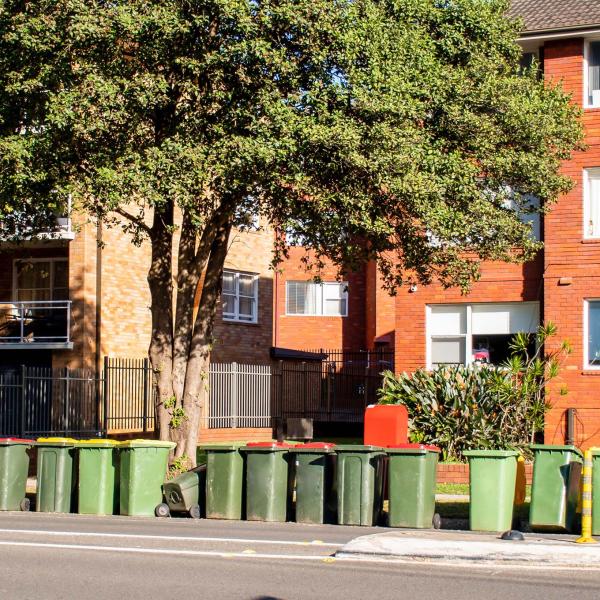With a working majority it looks like we’ll have something approaching a full five-year parliament. Beyond “getting Brexit done” Boris Johnson, his chancellor Sajid Javid and the rest of the cabinet will have plenty on their plate to fill the time.
At a high level they will want to address an economy that has been stuttering for some time. Their biggest risk is that it stutters into a full-blown recession. There’s a limited amount they can do in the short run but my guess is that a dose of extra investment spending, perhaps focused on those new Tory areas in the Midlands and the north, is on the cards. If that’s a priority they’ll need to start planning its delivery now.
Properly focused investment could help to address Britain’s abysmal productivity performance. It has to be a priority, not only from an economic point of view but because the electorate may not put up with another five years of stagnation in their earnings and living standards. Expect the next budget, promised in February, to concentrate on that.
A crucial component of any social, economic and investment strategy will be housing. Falling rates of home ownership and high private rents are hitting the younger generation hard. Low interest rates are great for those who owned property before 2008 and for a government sitting on a mountain of debt, but they have proved a terrible problem for young people looking to get on the housing ladder. We need a housing policy for an era of low interest rates, high prices and extensive private renting.
Extra investment is also going to be needed to address climate change. The government is committed to achieving “net zero” by 2050. It’s the right thing to do but don’t underestimate the scale of the task. We won’t reach it unless we act decisively over the next five years. If, by the end of this parliament, we have not made progress towards more electric cars, a strategy for moving away from gas central heating, movement towards implementation of carbon capture and storage, and much more, net zero by 2050 will never be more than an aspiration. This parliament will be crucial.
Then there are the public services. Spending will rise over the next couple of years, but a lot of that extra spending is focused on health, some on schools, and not much for other areas. Outside health, spending is due to be 15 per cent lower in 2023 than it was in 2010. Local government, the justice system and further education are likely to continue to struggle.
The working age welfare system continues to attract astonishingly little attention. It’s one area where the deep cuts promised in the 2015 Conservative manifesto have been delivered, frankly against my expectations. It seems not to be anybody’s priority. Labour certainly wasn’t promising to reverse the cuts. Yet universal credit will affect more than a quarter of working age households. Getting the implementation right will continue to be a priority a decade after the policy was launched. Finding ways of boosting the incomes of low earners and addressing in-work poverty ought to be high on the priority list.
Social care presents a challenge all of its own. Far too many older people face catastrophic costs, having to sell all their assets to pay for their care. Mr Johnson has promised to seek cross-party agreement on a way forward. He will not be forgiven if he does not now make progress. Opposition parties will not be forgiven if they refuse to engage.
Dealing with all of that will cost money — money that was not forthcoming in the Conservative manifesto. Nor will the money be available unless Mr Javid either junks his new fiscal target, to borrow only to invest, or raises taxes.
Making progress on all this while inevitably directing huge amounts of attention to Brexit is going to be a heck of a challenge. The electorate is unlikely to forgive another five years of stagnant earnings, spending cuts and inadequate action on climate change, housing and social care.
This article originally appeared in The Times and is re-published here with kind permission.









